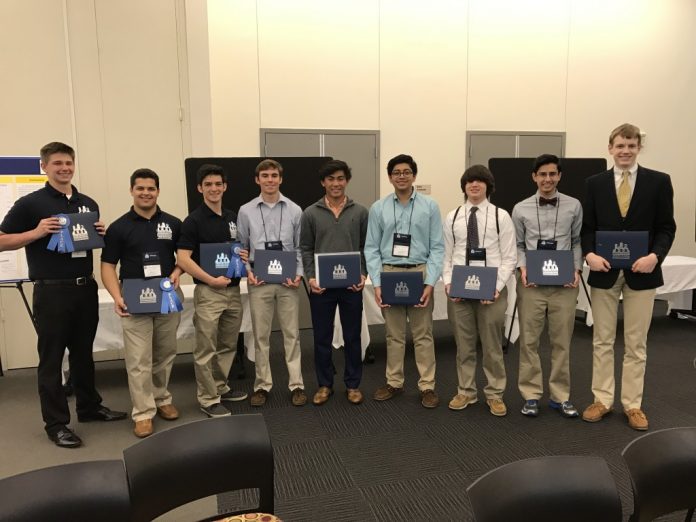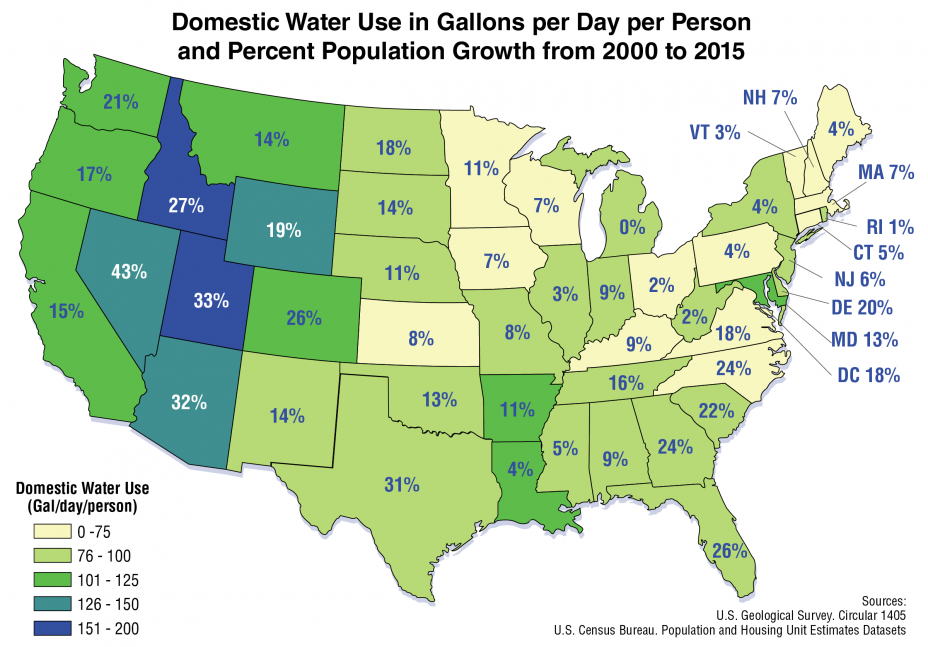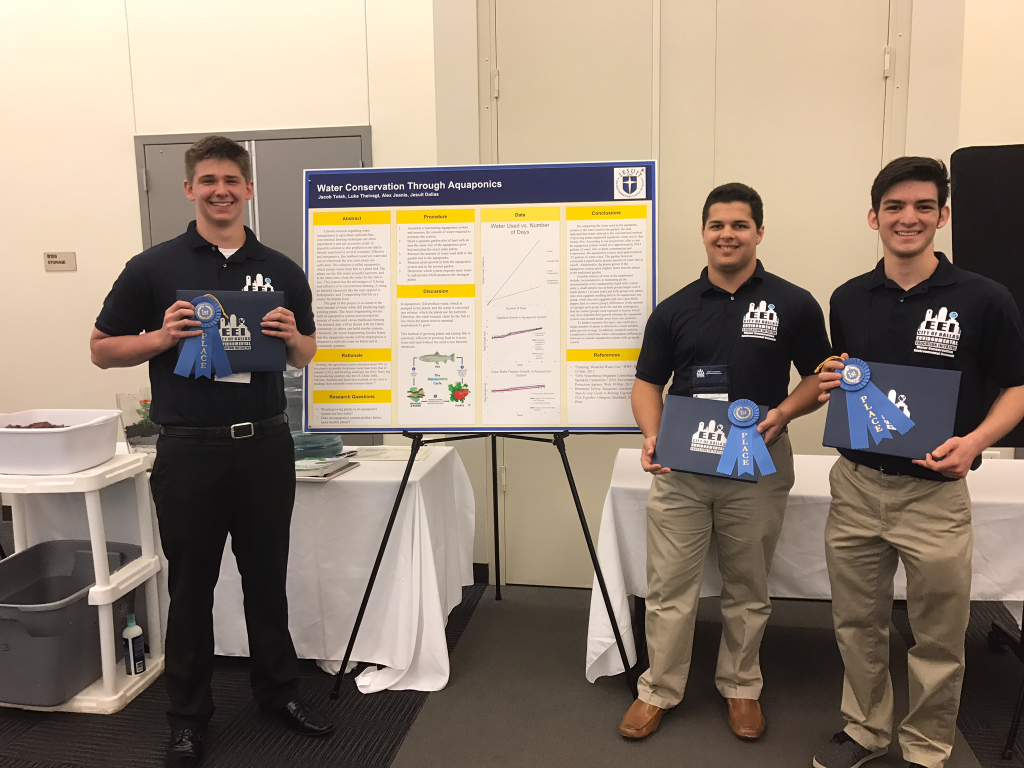
In Texas, while the heat may come and go, one thing’s for certain: we use a great amount of water. A US Geological Survey tracked domestic water use over a 15 year period and discovered that per day, Texans use 76-100 gallons of water per person. Here in North Texas, one organization is looking to change those numbers.

On Saturday April 1, the Environmental Education Initiative held their 3rd Annual Environmental Summit concerning water conservation at Mountain View College in Dallas. The goal of this annual summit, sponsored by the city of Dallas, has been to commission students to “foster urban water conservation” by proposing experiments that save water.
Participating in the competition is a two year process. In year one, teams submit their proposals to the EEI to see whether or not they will receive funding for their experiments. Judges view all the proposals and decide upon a handful of experiments that will move on to year two. Teams that receive funding run their experiments for several months and present their findings at the next year’s summit. Judges then evaluate which experiment was conducted the best and saves the most water, awarding 1st, 2nd, and 3rd place prizes to the winners.
This year, the Jesuit Engineering Society sent three teams to submit their proposals including one returning team, to compete in the overall competition. The first team, consisting of John Lindberg ’18, Ryan Macalanda ’18, Matthew Joy ’18, Marcelo Pier ’18, Leo Tanzi ’18, Micheal Deasy ’18, and Quinn Boone ’18, submitted a proposal titled “Purifying Cistern Use in Water Conservation.”
The second proposal, titled Passive Water Condensation for Irrigation Systems, was presented by the group of Joe Carver ’17, Ryan Knox ’19 and William Norris ’19.
The returning team, vying for 1st place in the overall competition, submitted their findings from their experiment named Water Conservation Through Aquaponics. This project was led by Luke Theivagt ’18, Alexander Jeanis ’18, and Jacob Totah ’18.
Aquaponics, similar to hydroponics, is a method of growing plants in water with fish therefore eliminating water runoff and conserving massive amounts of water. Through their experiment, the Aquaponics team found that their system saved over 200 gallons of water in one year. The team recognizes the impact that water conservation has on the planet, especially in a hot, arid climate like Texas. Luke Theivagt commented that “water conservation doesn’t have to be small, it can be big too,” encouraging all to step up and play a greater part in the global effort to conserve our natural resources.
At the end of the day, the winners of the competition were announced. This year, both proposals sent in by the Engineering Society were funded and will be able to compete in next year’s summit. The returning Aquaponics team was awarded first place in the competition for their experiment. Mrs. Carver, the head of the Engineering Society, was “very impressed” with all the teams from Jesuit whose hard work and preparation showed at this competition.






